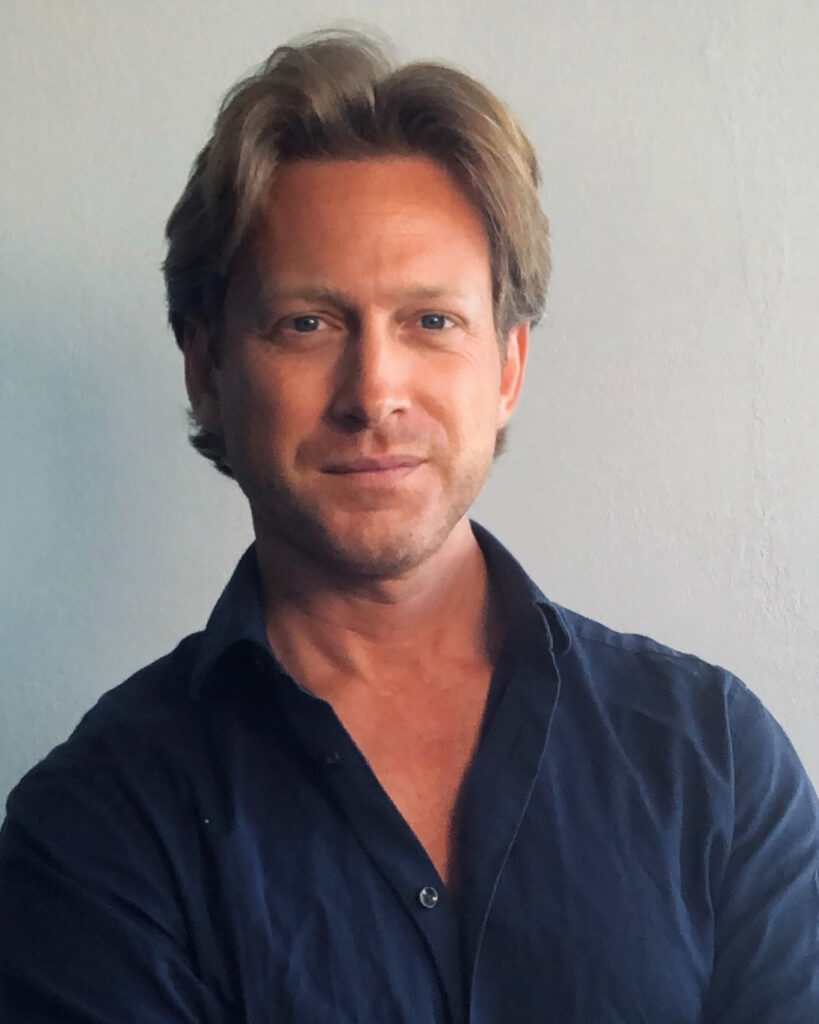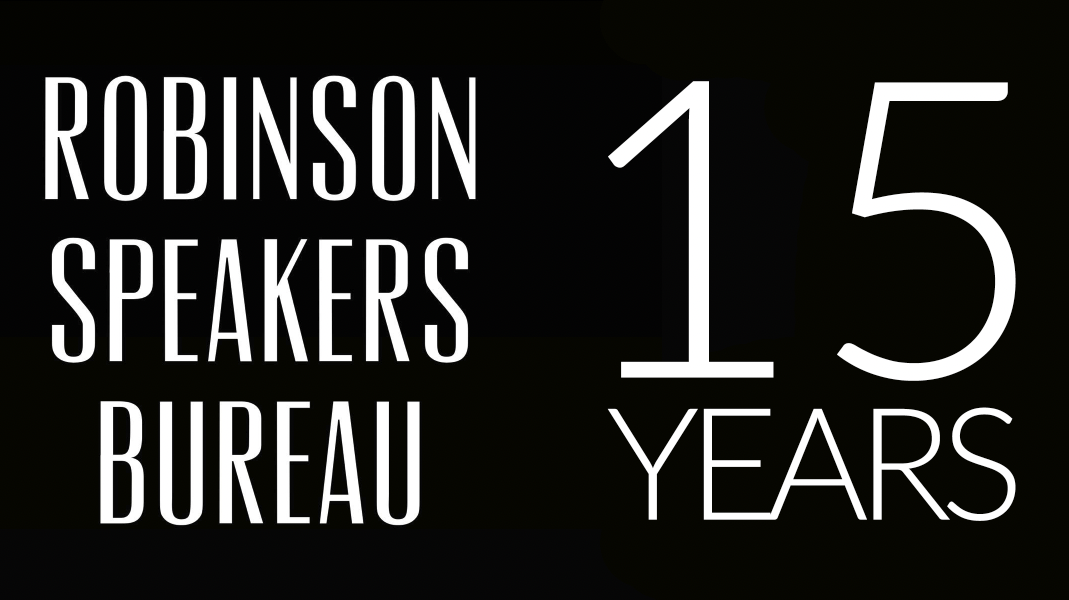
About Robinson Speakers
2009: New York City, where Robinson Speakers transformed from a small, visionary start-up to a global agency. The journey began with a single speaker — former bond trader and author of the Lehman exposé. That raw, inside story of the 2008 financial crisis paved the way for the company’s philosophy: deliver powerful stories and voices that resonate with audiences worldwide.
Today, Robinson works with over 500 thought leaders, business visionaries, cultural icons — from economists to futurists, motivators and tech. Every speaker a mover and shaker – shaping the world. Get a keynote with lasting impact, cutting-edge in geopolitics, or holds masterclasses on innovation. We know them all, at least the good ones. (And they always look better in a curated list. That’s what we create.)
Our Story: From Script to Bestseller
Plus, if you know a little about story, you can spot the flat from the sparkling. They tend to light up a conference room.
Setting the Standard: Unmatched Vetting & Expertise
As a trusted authority in speaker representation, Robinson Speakers offers an experience refined through years of precise speaker evaluation and strategic curation. Our meticulous vetting process ensures each speaker brings more than just credentials; they bring dynamic perspectives, engagement, and integrity. Whether you’re looking for inspiration, thought leadership, or expertise, every recommendation is a promise of quality. For those who seek impactful voices that drive conversation and spark insight, Robinson Speakers remains the definitive choice.
Our Approach
We work tirelessly to understand our clients’ needs, searching extensively to find the perfect match that will inspire, educate, and entertain. Our commitment to excellence and industry knowledge means when you work with Robinson Speakers, you’re not just finding a speaker — you’re discovering the voice to elevate your event.
From high-profile celebrities to rising stars on the cusp of making headlines, we don’t just find speakers — we shape experiences.
Let’s Connect
Planning a corporate event, seminar, or international conference? Let Robinson Speakers help you create an unforgettable experience. With our expertise and passion, we’ll find the perfect speaker to inspire your audience and make your event truly memorable.
